Not surprising considering the hit film is packed with tons of camp, out cast members and some fun 2SLGBTQI+ references…
By Matthew Creith
The box office was blazing hot last weekend with the global theatrical release of two highly anticipated films: Oppenheimer and Barbie. While the former might be riding the coattails of a profitable director in Christopher Nolan and a star-studded cast that includes Cillian Murphy, Matt Damon, Robert Downey Jr., Florence Pugh, and Emily Blunt, the latter stands alone as contributing to an IP worth a revamp. The Barbie doll has been controversial since its release in 1959, as many parents found the perfectly proportioned blonde figurine to be a symbol of the 1950s perspective, where women were expected to be trophy wives and kitchen dwellers. The movie questions this aspect by indicating how women are literally kept in a box and how a woman’s trajectory in life can be complicated by how men view her.
To combat negativity over the decades, Barbie manufacturer Mattel has given the iconic fashion doll a plethora of occupations, face lifts, clothes, and accessories to market her to diverse audiences. During their well-publicized promotional tour, the Barbie cast mentioned more than a few times that Barbie went to space as an astronaut before women were allowed to have credit cards in their own names in some countries like the United States. This simple tidbit of information is the basis for Barbie and the appeal Greta Gerwig’s film has on its international audience, many of whom are women and gay men.
Barbie stars Margot Robbie as the stereotypical version of the doll going through an existential crisis opposite a series of other Barbies played by Issa Rae, Emma Mackey, Sharon Rooney, Ritu Arya, Ana Cruz Kayne, and Dua Lipa. Canadian actor Ryan Gosling leads the group of Kens, accompanied by other hot versions of Barbie’s male counterpart portrayed by Simu Liu, Kingsley Ben-Adir, Ncuti Gatwa, John Cena, and others. What makes Barbie a unique blockbuster is that many of the supporting players in Barbieland identify as LGBTQ+, including Kate McKinnon as the Barbie who has had a rough life, as well as Alexandra Shipp, Scott Evans, and trans actor Hari Nef.
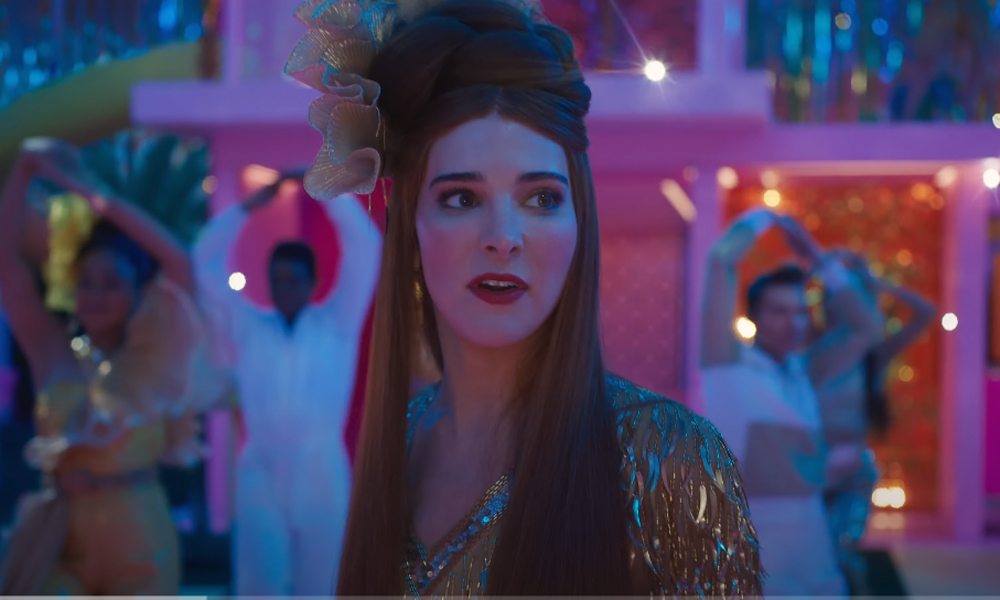
Hari Nef’s name has unfortunately been thrown into political debates on conservative news television leading up to the film’s premiere. Being a trans performer is no easy feat, but Nef pulls off her version of Barbie with enthusiasm and humor that perfectly complements Gerwig’s pink-hued world. Conservatives have viewed the film as having a feminist premise angled at hating the patriarchy, which somehow they feel threatens their ideals. But the movie speaks to a more significant element of female empowerment that seems to resonate with the queer community.
Gay men, in particular, were often told as boys that Barbie was a doll they shouldn’t play with as only girls should play with Barbies. Forbidden fruit for those that didn’t necessarily fit the masculine ideals parents pushed upon us with other action figures “more suitable” for boys. Themes of misplaced masculinity run rampant with Ryan Gosling’s Ken character in the movie, which speaks to some queer members of the film’s audience. On social media over the weekend, it was common to see many women and gay men posting pictures of themselves decked out in pink as they celebrated going to the movies — a welcome change of pace for theaters struggling to bring people back post-pandemic.
Barbie grossed over $214 million in the United States and Canada as of Tuesday, July 25. It is a pop culture phenomenon that has taken over the moment by introducing modern femininity to viewers willing to ditch streaming and head to theaters. It’s campy, introspective, fun, and emotional all in one movie. But most of all, it’s a comfortable and layered space for queer audiences to enjoy a dramedy based on a doll that challenges what it means to be a woman and a man in modern society. Satire and hyperbole at its finest, the film substitutes the binary male/female relationship ideals with that of Barbie and Ken as we follow their individual journeys.
Positive reviews of Barbie from women and gay men have recently poured onto the internet. This is likely because these two groups understand what it’s like to be on the receiving end of bad behavior from men in general. An unlikely ally in a fashion doll, Barbie is a loudspeaker signifying to other studios to start making films that bring women and the LGBTQ+ community together like never before. It is a trend that will undoubtedly be welcomed in the near future. Rhea Perlman’s character, real-life Barbie creator Ruth Handler, says it best in the film, “Humans have only one ending. Ideas live forever.” The box office results of Barbie might be written about briefly, but the film’s influence will hopefully be felt for years to come.

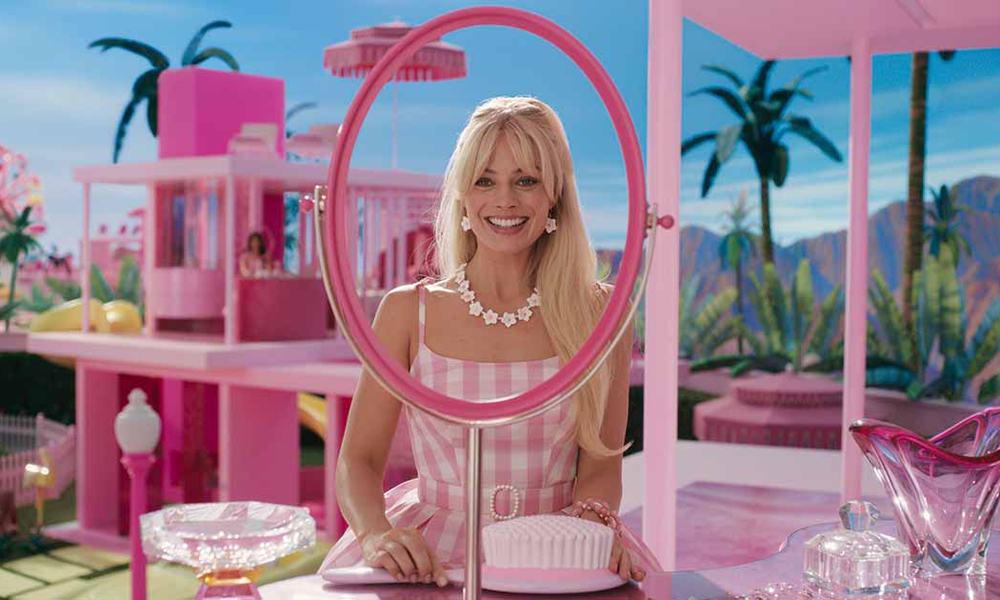
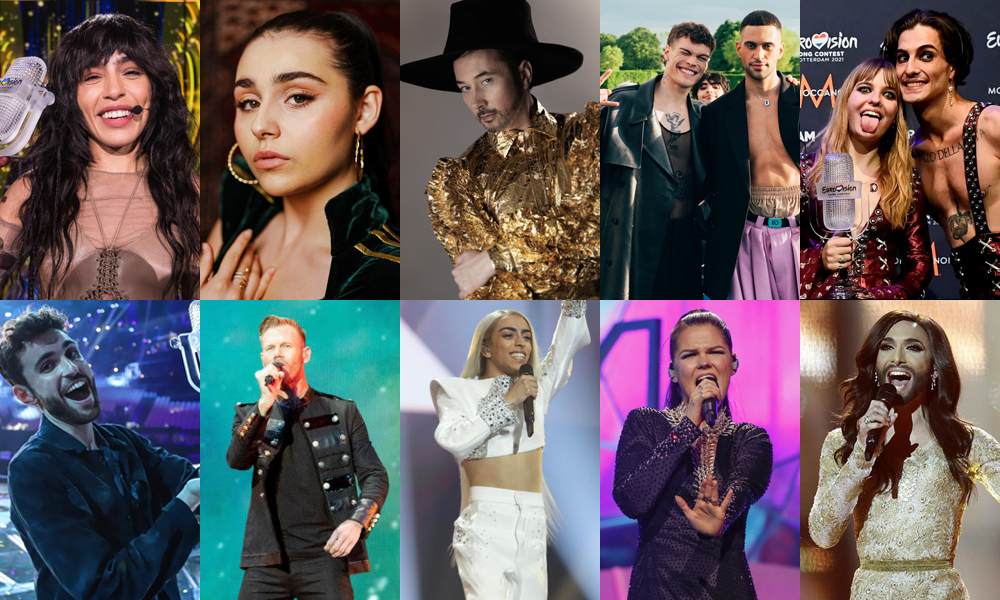
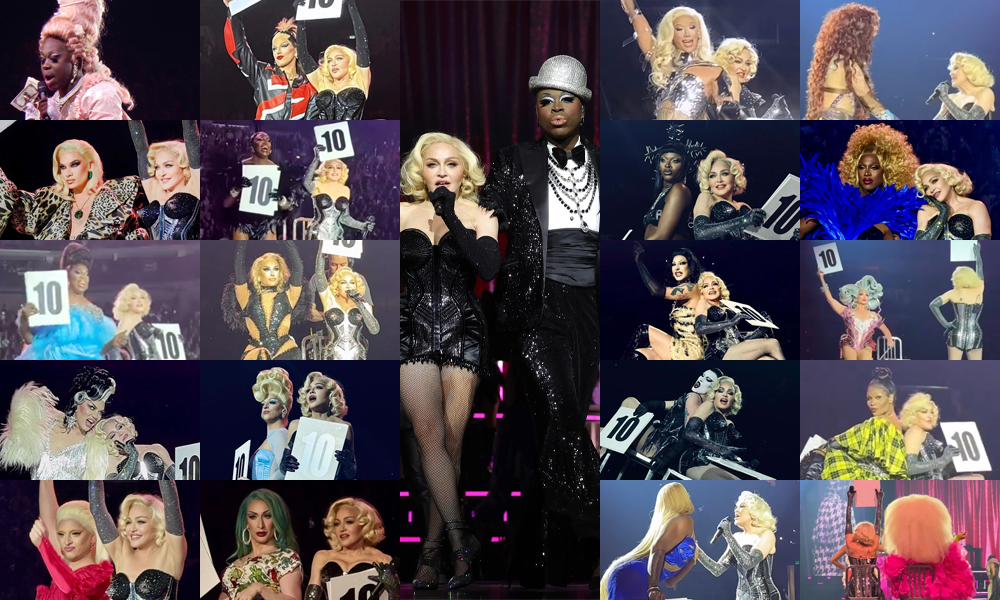
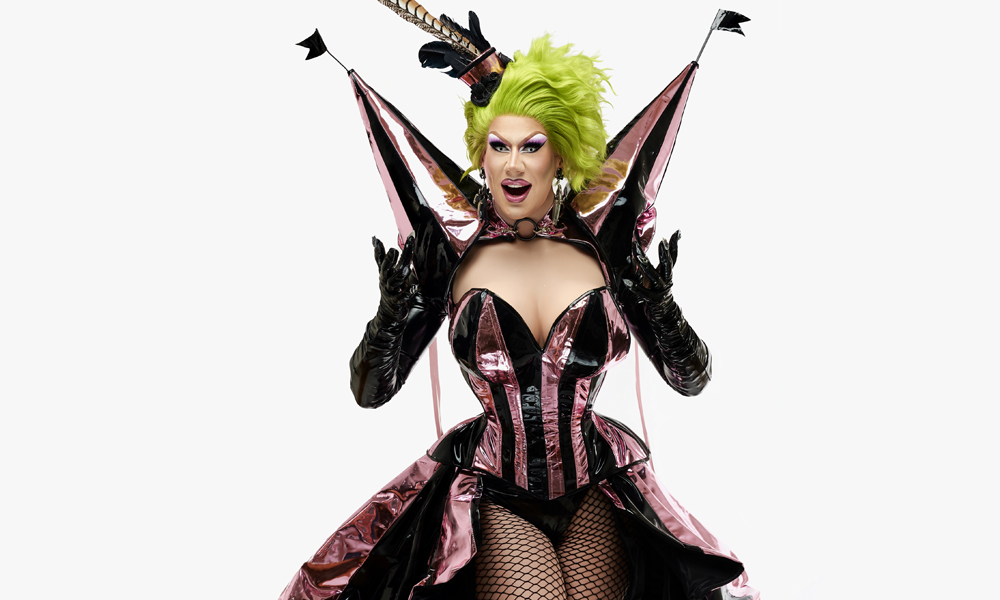

POST A COMMENT